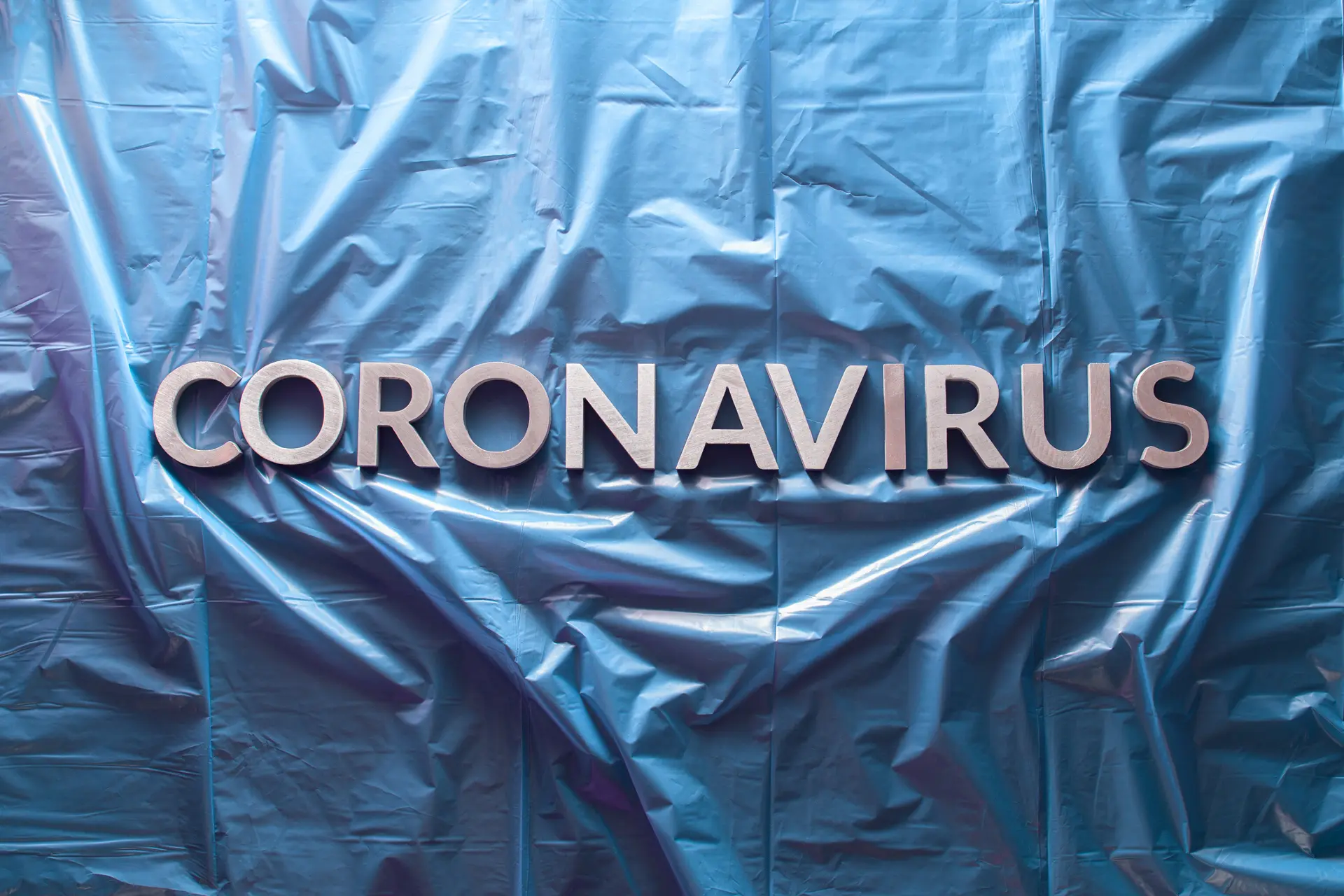Written by Brenda Agnew, Client Liaison
Health agencies around the world have begun to alert the public to a new concern – the 2019 novel coronavirus (2019-nCoV), which was first identified in humans in China’s Hubei province.
Although the situation is fluid and advice may change based on emerging science and how widespread the current outbreak becomes, Canadian health authorities currently suggest that the risk is low that people will contract this disease unless they have recently travelled to Wuhan, Hubei. Those who have been in close contact with a person who has recently travelled to the area, especially if the person has become symptomatic, may also be at an elevated risk.
Vulnerable Populations
Although health officials are uncertain about the effects of coronavirus on vulnerable populations including, younger and older people and those with existing respiratory or immune problems, health officials are suggesting that they could have an acute reaction if exposed to the virus.
Symptoms of this viral infection include fever, cough and difficulty breathing (sometimes becoming pneumonia). Although some of these symptoms are also associated with the common influenza A and B viruses, the annual flu vaccine offers no protection against 2019 novel coronavirus and there is currently no vaccine to prevent it. The novel nature of this virus, which is part of the coronavirus family that includes severe acute respiratory syndrome (SARS) and Middle East respiratory syndrome (MERS), means that most people will not have any natural immunity to it. However, to date, the mortality rate of 2019-nCoV is significantly less than either of those viruses.
Whether the 2019 novel coronavirus becomes a worldwide pandemic or is neutralized quickly and limited to a local outbreak, will likely depend on efforts to prevent human to human transmission outside of Hubei. It will also depend upon whether it mutates to become more virulent. As of January 29, 2020, there were more than 6,000 confirmed cases worldwide and 133 deaths. The vast majority of these cases (more than 98 per cent) were in mainland China, and all fatalities have thus far occurred in that country.
It is currently believed that the incubation period for the disease is up to 14 days. Health authorities are doubtful that an asymptomatic person can transmit the disease, but cannot rule it out.
There are some practical steps you can take to limit your risk of contracting this or other similar viral infections. These include:
- washing your hands with soap for a minimum of 20 seconds
- avoiding touching your eyes, nose, or mouth with unwashed hands; and
- avoiding close contact with people who are sick
Expertise.
Share
Subscribe to our Newsletter

